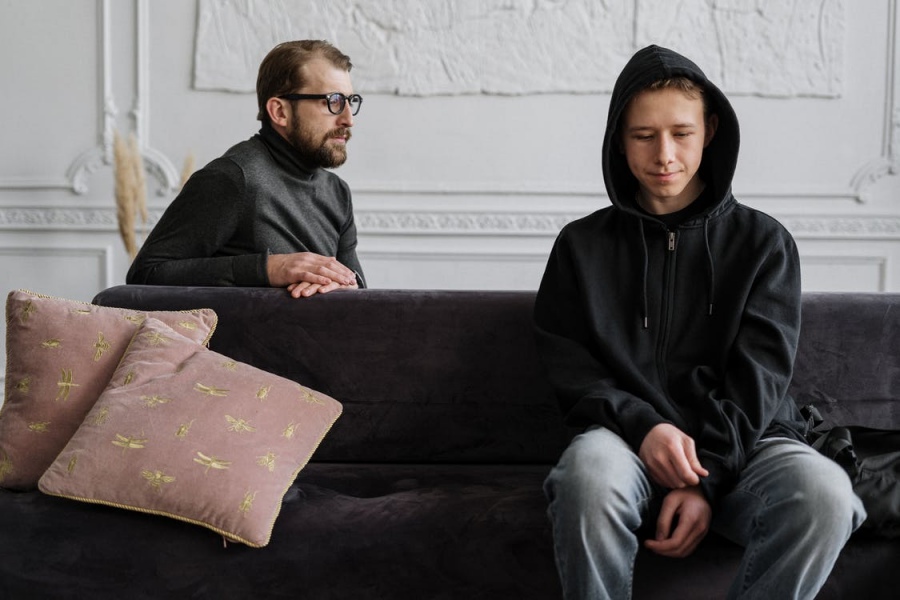It would take several volumes to list all of the innumerable advantages that the Internet has brought to our lives over the last couple of decades. However the web does have more than its share of dark sides.
While adults are more capable of discerning and protecting themselves from the risks that can be encountered by surfing the Internet, children has more naïve and do not always see danger. It is the very basis of parental responsibility to ensure that any children who spend time online should be made aware of its dangers and be protected from them using parental controls like ShieldMyTeen.
To help you set the ground rules below is a suggested list of the basic you should impose on your children if they regularly surf the web.
Learn before you teach
Not all adult are aware of the potential dangers of the internet. As a parent, you should make yourself aware of the dangers that children may encounter while browsing the internet. For this to happen, you need to practice and do your homework by browsing the internet as kids do.
Armed with that information, sit down with your children and clearly define what is allowed and what is forbidden, as far as where they surf and what form of activity they can participate in.
Having a safety net is always a good idea.
Without making too much of an issue of it, it is a very good idea from the outset to install a form of filter software that will prevent children from arriving at places where not supposed to online.
Family safety software is becoming extremely advanced and an effective way to filter dangerous content. While internet filtering is a standard feature in parental control software, opting for dedicated filter software like ShieldMyTeen restrict the scope of digital parenting aid to preventing kids from getting access or exposure to the bad side of the internet without leaving their privacy compromised.
In a similar fashion to the fire warning of “stop, drop and roll,” you can teach children to quickly turn off power to the computer monitor and go to get an adult. This can prevent a child from attempting to stop the situation by clicking more buttons (and thereby spreading the attack and being exposed to more unwanted content).
Giving your children specific guidelines to follow will ensure they know where they stand when it comes to how they use the Internet as well as the consequences when they breach the rules.
Don’t talk to strangers, even online
The Internet is regarded as being an open and friendly society, which is true in most cases. However, there are many predators lurking in the background waiting to take advantage of the innocent. That is the reason why it’s imperative to tell your children to avoid striking up dialogues with people through social media websites such as Facebook, and never ran under any circumstances, give out their names or any form of contact information.
More Time = More Danger
It may not increase your popularity ratings among your children, but it is part of the parental responsibility to restrict how long your children spend online. The rules of the game should include time allotted for lessons at home as well as helping a little with household chores. Many parents take this to an extreme, but having the computer out in the open where it can be seen
Let your children know exactly where the borders are
The whole issue of Internet security can be a very troubling one, but not to be swept under the carpet. From day on you have to let your children know exactly what they are entitled to do as far as Internet is concerned. There are many positive aspects of the Internet and they should not be deprived from them. They should also know that if they are having any follow-up problem with contacts made through the Internet, they should be free and open to discuss it.




